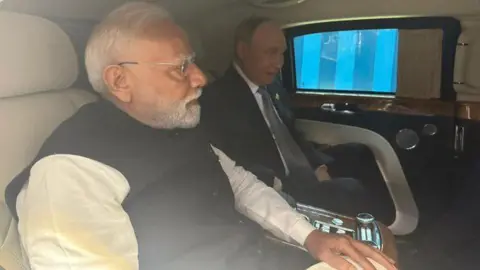As the sentiment among the British public shifts towards regret regarding Brexit, Prime Minister Keir Starmer finds himself at a contentious crossroads. A series of recent surveys indicate that more citizens now believe that leaving the European Union was a mistake. Following this trend, Starmer’s endeavor to mend relations with the EU is drawing fierce criticism from the nation's right-wing media.
Anticipating the upcoming meeting with EU leaders, Nick Griffith of the Conservative Party dubbed the event the "surrender summit," a sentiment echoed across various media platforms, including The Mail on Sunday and The Daily Mail. The Sun, owned by Rupert Murdoch's News Group, has initiated a campaign titled "Don't Betray Brexit," intensifying the backlash against potential EU rapprochement.
Even after nearly a decade since the contentious referendum, when 52% of voters chose to leave the EU, the consequences of that decision continue to loom large. Public figures like former President Donald Trump have raised concerns about security in Europe, suggesting that greater cooperation with the EU might be necessary. However, this call for unity faces substantial opposition from a vocal segment of the public and lawmakers alike.
Britain's tabloid media, which previously championed the British exit from the EU, is now employing alarmist rhetoric. The Daily Express recently warned readers about potential military obligations in Europe, citing a so-called "leaked memo." However, this document merely indicated that Britain might "consider" participation in EU missions rather than implying any obligatory military engagement.
As tensions mount and media narratives ramp up, the road ahead for Starmer’s initiative remains fraught with challenges, illustrating the enduring divide within British society regarding its relationship with the European Union.



















